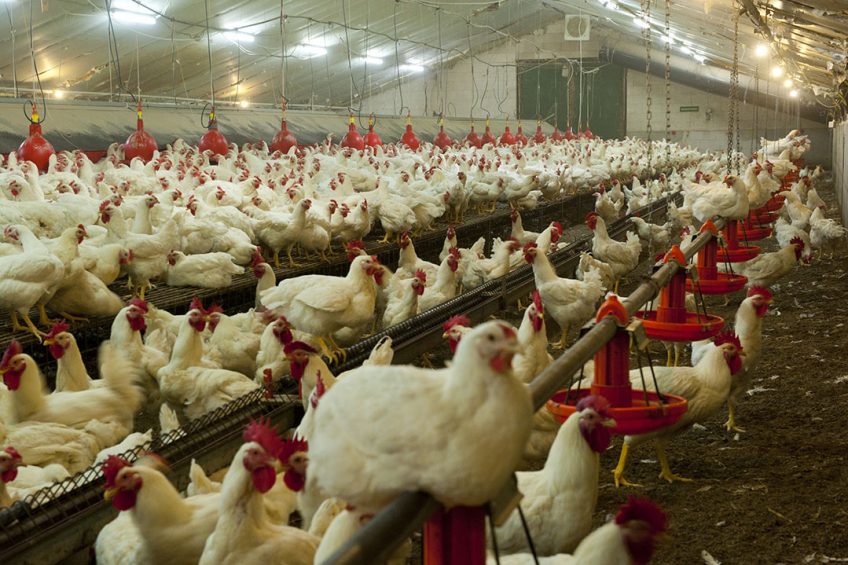Coronavirus could disrupt poultry production

The International Poultry Council (IPC) has appealed to FAO, World Trade Organization and OIE asking to support the poultry industry and guarantee its sustainable operation. The IPC worries that this might be jeopardised now, as it sees disruptions in breeding stock deliveries in some countries.
A sharp reduction in airline traffic globally, caused by the Covid-19 pandemic could leave some companies without breeding stock and hatching eggs, IPC warned. International regulators and governments have to address that problem, IPC said.
In the short-term, the current situation could cause some problems to animal welfare, because many eggs were placed in hatcheries before the beginning of the current crisis. However, in the long-run the supply disruptions jeopardised food security globally, the IPC explained. In this regard, some actions are required to address that problem and ensure that flights with breeding material, necessary for sustainable operation of the poultry industry, are continued, IPC stated.
Also interesting: Growth path for the Russian poultry industry
Russia might be among the affected countries
The issue raised by IPC is very relevant for Russia, as the country has a certain level of import-dependency on breeding material, Albert Davleyev, president of the Russian consulting agency Agrifood Strategy told local news outlet Interfax. The self-sufficiency on hatching eggs for day old chicks in Russia is currently about 90%, he said. On the other hand, the hatching eggs of the parent stock for both layers and broilers is completely dependent on the imports, Davleyev added. In the turkey industry almost 97% of eggs and 100% of chicks and 100% of parent flock in Russia are currently imported from Europe and Canada. A possible supply disruption can significantly reduce the ability of the domestic poultry industry to maintain a reliable supply of poultry meat and eggs to Russian consumers, Davleyev warned.
Also interesting: Russian authorities want to ensure domestic supply
More stability on the poultry feed market is needed
Additionally, in order to keep the price on the Russian poultry market at the ‘pre-crisis level’, it is necessary to remove restrictions on the import of GM soybean and soybean meal, veterinary drugs and feed additives. These contribute to a large extent to the cost of poultry and egg production. The downward rally of the Russian rouble against the hard currently during the past few weeks doesn’t help us, Davleyev said. The exchange rate of the Russian rouble has been nosediving since early March due to coronavirus and oil price collapse. During the past month the rouble lost 15% in value to hard currency, which was the biggest slump in almost 5 years. Russian agricultural companies warn that coupled with some other negative factors triggered by the coronavirus pandemic this could sharply raise the cost of feed production in the country.












